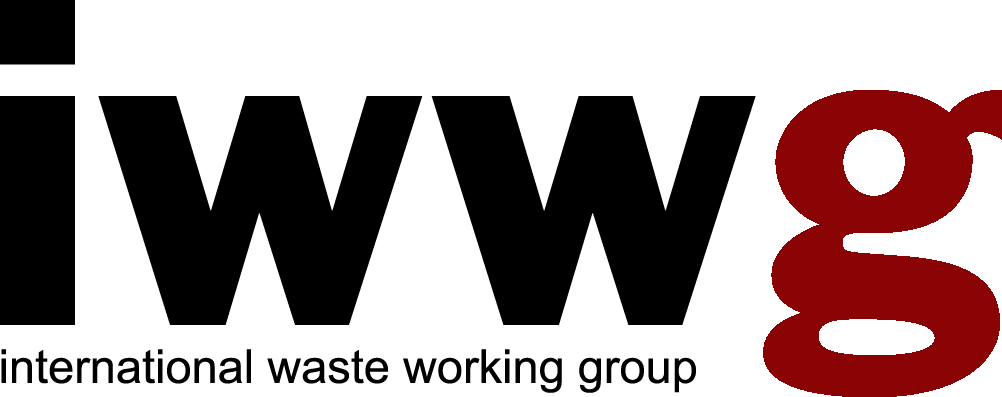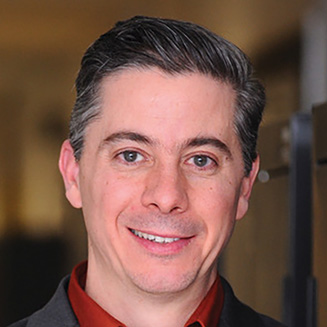
January 2024 – Lesson 1 / TO SUSTAIN AN ACCEPTABLE QUALITY OF LIFE WILL REQUIRE CONTINUED GENERATION OF MSW
Marco Castaldi, City University of New York, City College (US)
The management of municipal solid waste (MSW) in an environmentally sustainable and cost effective manner i s the grand challenge of our time.Yet, it has not received the attention and support that is commensurate with its impact on environmental and human health. The reare numerous charitable organizations, institutions, nongovernmental and government agencies focused on solving some of the biggest problems facing humanity.
Read more …
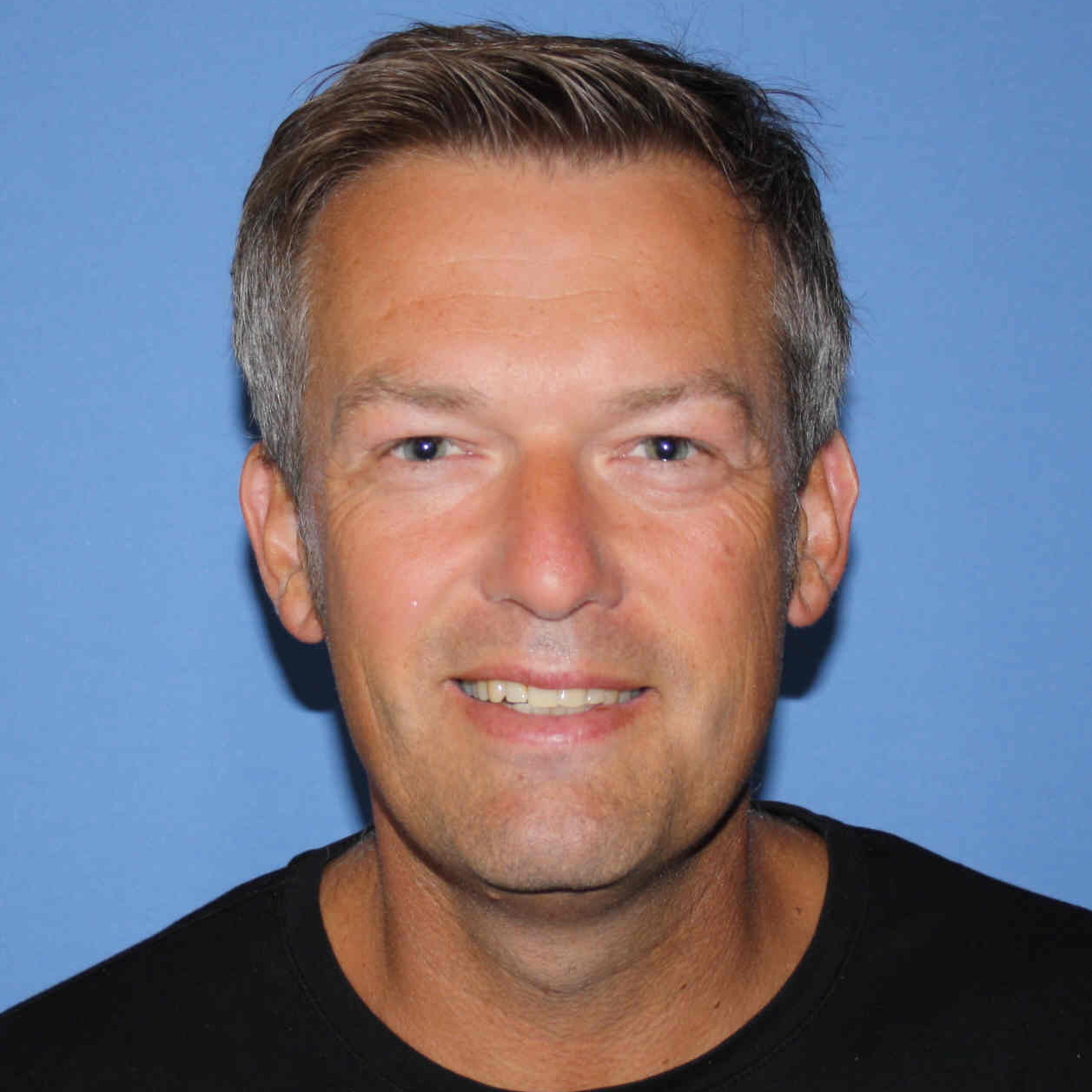
February 2024 – Lesson 2 / ORGANIC WASTE MANAGEMENT FOR LAND-BASED FISH FARMS
Roald Kommedal, University of Stavanger, Norway
Cage based aquaculture production of Atlantic Salmon amount to about 3 million tonnes annually of which the Norwegian production accounts for approximately half. Production has surged almost exponentially since its early beginning in the late 1970s and is today the main source of nutrient release and organic pollution to the Norse marine environment.
Read more …
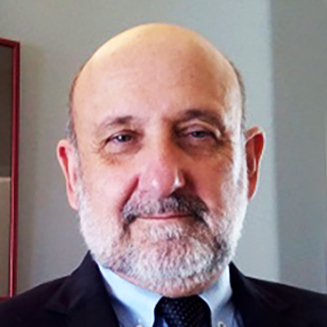
March 2024 – Lesson 3 / COMBINING BIOCHAR AND CARBON NANOMATERIALS FOR DEVELOPMENT OF HIGHCAPACITY ADSORBENTS: APPLICATION FOR THE REMOVAL OF ENDOCRINE DISRUPTING
Evan Diamadopoulos, Technical University of Crete, Greece
Biochar is the carbonaceous solid product derived from biomass pyrolysis. While multiple uses of this sustainable product have been researched for agronomic application as soil amendment, its environmental uses are growing in the past few years. Production of biochar nanocomposites is a new trend aiming at synthesizing new, effective, and application-targeted adsorbents capable of competing with Activated Carbon (AC).
Read more …
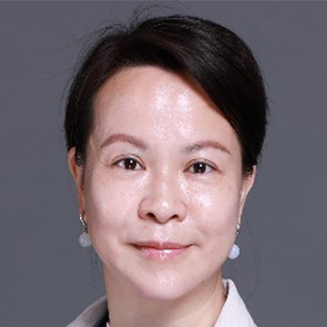
May 2024 – Lesson 4 / OCCURRENCE AND VARIATIONS OF BACTERIAL COMMUNITY IN HOUSEHOLD MUNICIPAL SOLID WASTE IN RESIDENTIAL AREAS: IMPLICATIONS TO HEALTH RISKS
Wenjing Lu, Tsinghua University, China
Household municipal solid waste (HMSW) in many part of the world is characterized by complex and varying composition, high moisture and organic matter, making them highly susceptible to decay and conducive to the proliferation of various microorganisms. Understanding the microbial community characteristics of HMSW is important to predict their function in the later-on bioprocessing. On the other hand, it is of great significance for evaluation and controlling biological risks which may poses potential risks to the human health as there are also pathogens attached in HMSW.
Read more …

June 2024 – Lesson 5 / FAST FASHION AND CIRCULAR ECONOMY
Andreas Bartl, TU Wien, Austria
The business model of “Fast Fashion” can provide the population with affordable clothing and secure numerous jobs. At the same time, textiles can be recycled in accordance with the principles of a circular economy. This not only conserves natural resources but also creates jobs. However, “Fast Fashion” fuels the demand for resources, which cannot be met by secondary raw materials even with a massive increase in textile recycling rates. Therefore, to reduce the negative environmental impact of the textile industry, it is essential to implement measures to decrease consumption in addition to recycling.
Read more …
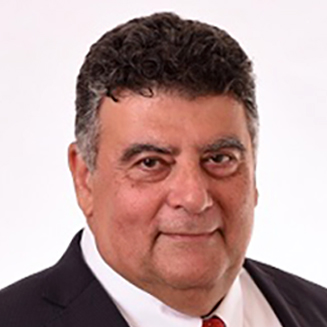
September 2024 – Lesson 6 / FATE AND BIODEGRADATION OF PLASTICS AND MICROPLASTICS IN THE MARINE ENVIRONMENT AND IN AGRICULTURAL SOILS
Nicolas Kalogerakis, Technical University of Crete, Greece
Plastic debris represents a significant problem among the various pollution problems facing the marine environment. Several studies have been conducted on the fate and weathering of plastics in the marine environment including the generation and fate of microplastics. Sorption of toxic substances present in seawater by microplastics represents an additional environmental concern. Laboratory results on the biodegradation of plastics show great variability.
Read more …
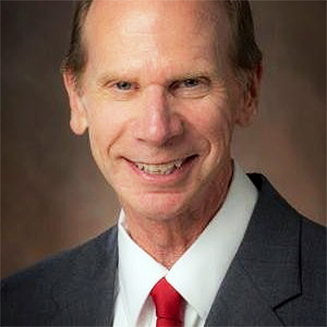
October 2024 – Lesson 7 / INVESTIGATION OF AN IMMOBILIZATION PROCESS FOR PFAS CONTAMINATED SOILS
Edwin F. Barth, USEPA, Cincinnati, United States
PFAS contaminated sites remedy decisions may involve the consideration of some form of a containment technology such as an in-situ immobilization process. A bench-scale study involving granular activated carbon (GAC), an activated carbon-clay blend, modified clay, biochar, and an iron (Fe)-amended biochar were evaluated as a potential sorbent for use in an in-situ stabilization/solidification process. Read more …
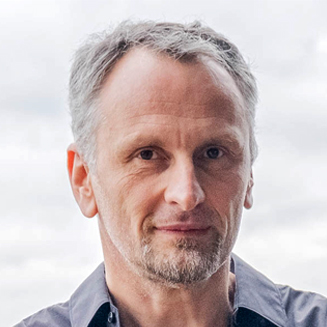
November 2024 – Lesson 8 / URBAN MINING – POTENTIALS AND LIMITATIONS FOR A CIRCULAR ECONOMY IN THE BUILDING SECTOR
Johann Fellner, TU Wien, Austria
Buildings constitute a major contributor to material use and accumulation in human settlements. Therefore, they play an important role when moving towards a sustainable use of resources. Knowledge about the materials hidden in buildings and dynamics in the building stock are considered a prerequisite for defining effective resource management measures. Read more …
